It’s now thought that they could illuminate fundamental questions in physics, settle questions about Einstein’s theories, and even help explain the universe.
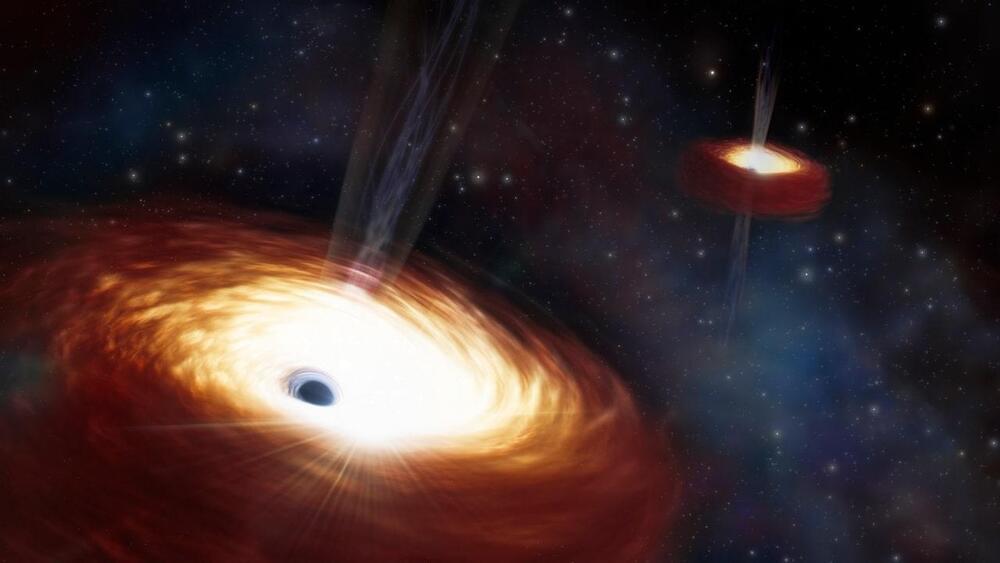


Is it possible that time is real, and that the laws of physics are not fixed? Lee Smolin, A C Grayling, Gillian Tett, and Bronwen Maddox explore the implications of such a profound re-think of the natural and social sciences, and consider how it might impact the way we think about surviving the future.
Listen to the podcast of the full event including audience Q\&A: http://www.thersa.org/__data/assets/f…
Follow the RSA on Twitter: / thersaorg.
Like the RSA on Facebook: / thersaorg.
Our events are made possible with the support of our Fellowship. Support us by donating or applying to become a Fellow.
Donate: http://www.thersa.org/support-the-rsa.
Become a Fellow: http://www.thersa.org/fellowship/apply
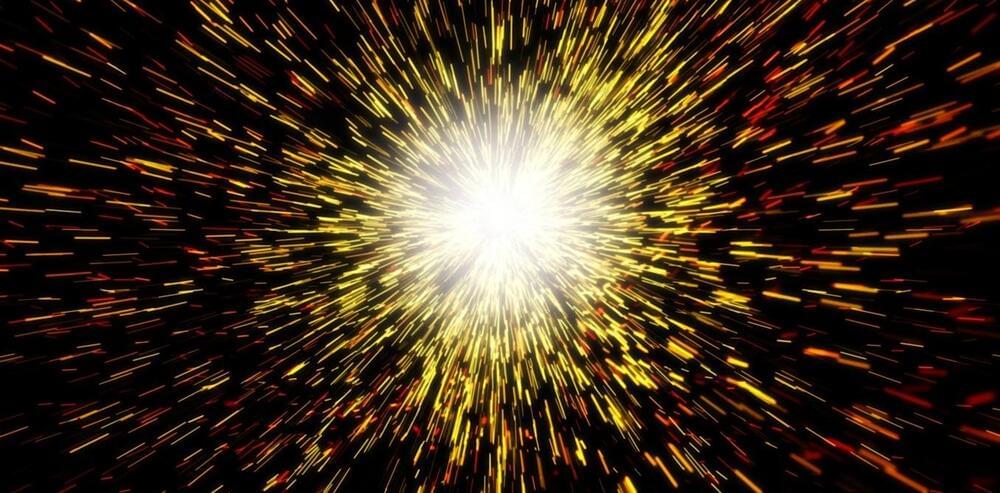
It is likely that a theory of everything will ultimately require massive collaboration to be solved. Ironically, this may be a job for the older physicists, despite the warnings of Eddington and others. Francis Crick dedicated his attention to trying to solve the problem of consciousness in his later years, albeit without success.
We need collaboration. But we may be looking at the prospect of a theory of everything only coming from those who have accomplished so much they can afford the potential embarrassment and will be given the benefit of the doubt. This hardly stirs the enthusiasm of the vibrant, young minds that may otherwise tackle the problem.
In trying to solve the ultimate problem, we may have inadvertently created a monster. Our academic framework for research progression is not conducive to it, and history has presented an unkind picture of what happens to those who try.
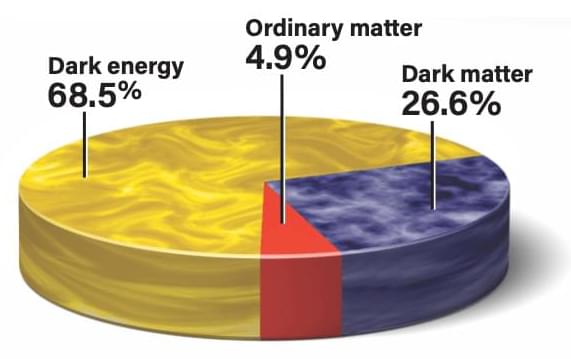
Are dark matter and dark energy stable and constant? Since we don’t understand their true physical nature, we can’t be sure. But astronomers can see if they vary depending on which direction in space they look. This is a test of whether the universe is lopsided or the same everywhere (the physics term for this is isotropic). It turns out that the amount of dark matter surrounding galaxies is the same in every direction, and the strength of dark energy is also the same in every direction.
To see whether the influence of dark matter and dark energy has changed over cosmic time, astronomers look deep into space. Distant light is old light, so telescopes act as time machines, probing billions of years into the past. By measuring the redshift and brightness of distant objects, astronomers map out the expansion history of the universe. Dark matter dominated for most of that history since the Big Bang. That’s because when the universe was smaller, the gravity exerted by dark matter was stronger, while the force exerted by dark energy has stayed the same. Now is the only time in the entire history of the universe when the two entities’ influences are about equal. In the future, the effects of dark energy will increasingly dominate, and the universe will accelerate forever.
Take courses in science, computer science, and mathematics on Brilliant! First 30 days are free and 20% off the annual premium subscription when you use our link ➜ https://brilliant.org/sabine.
The rate at which the universe is currently expanding is known as the Hubble Rate. In recent years, different measurements have given different results for the Hubble rate, a discrepancy between theory and observation that’s been called the “Hubble tension”. Now, a team of astrophysicists claims the Hubble tension is gone and it’s the fault of supernovae data. Let’s have a look.
Paper: https://iopscience.iop.org/article/10…
🤓 Check out my new quiz app ➜ http://quizwithit.com/
💌 Support me on Donorbox ➜ https://donorbox.org/swtg.
📝 Transcripts and written news on Substack ➜ https://sciencewtg.substack.com/
👉 Transcript with links to references on Patreon ➜ / sabine.
📩 Free weekly science newsletter ➜ https://sabinehossenfelder.com/newsle…
👂 Audio only podcast ➜ https://open.spotify.com/show/0MkNfXl…
🔗 Join this channel to get access to perks ➜
/ @sabinehossenfelder.
🖼️ On instagram ➜ / sciencewtg.
#science #sciencenews #cosmology
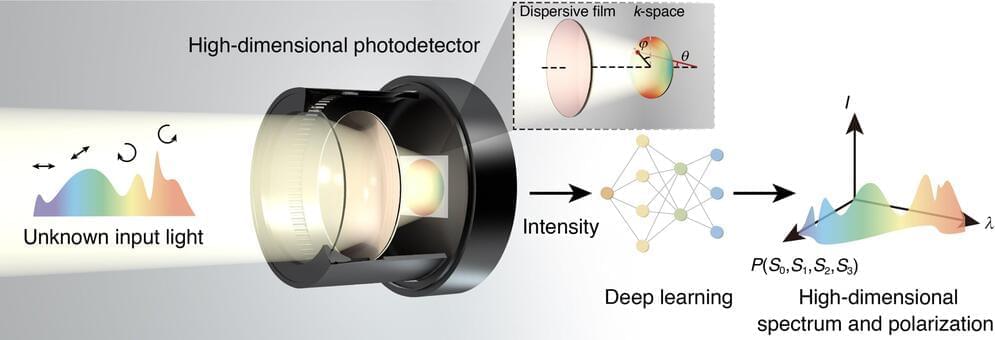
Our photodetector is capable of demonstrating high spectral resolution and accurate reconstruction of full-Stokes polarization states in both theoretical and experimental settings. Precision detection of high-dimensional information by our photodetector, such as a two-color laser field with different polarization states or broadband reflection from a gold interface exhibiting varying polarization states, is achieved beyond the capabilities of commercial polarimeter and spectrometer.
Additionally, this approach can be extended to imaging applications by sandwiching the film with a commercial microlens array and sensor array to realize ultra-compact high-dimensional imager, said Assistant Professor Chunqi Jin from the Changchun Institute of Optics, Fine Mechanics and Physics (CIOMP) of the Chinese Academy of Sciences.
Looking ahead, Prof. Wei Li envisions that ultra-broadband detection can be achieved by integrating broadband commercial photodetectors; the detection resolution can be further improved by using photonic crystals, metasurfaces, and two-dimensional materials instead of existing thin film schemes; and the detection capability can be stepped up in higher dimensions by integrating functionalities such as image processing, and distance measurement.
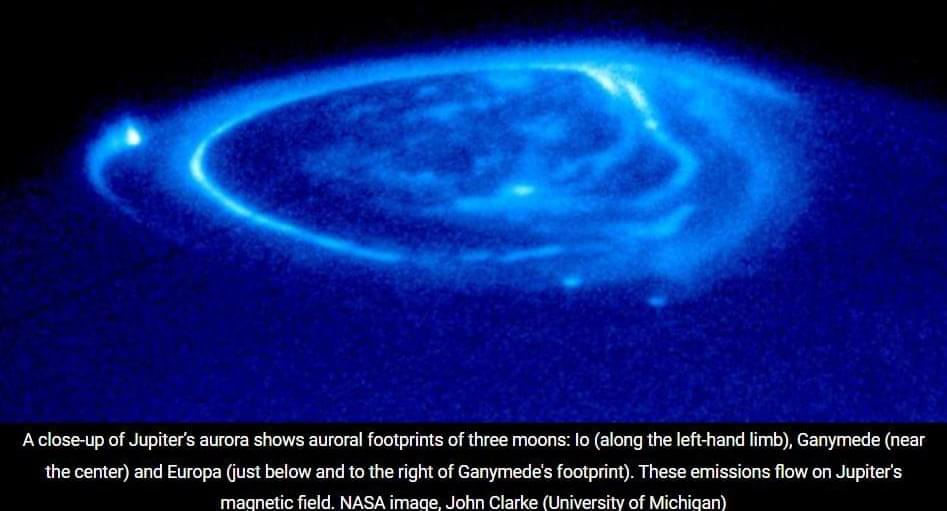
New discoveries about Jupiter could lead to a better understanding of Earth’s own space environment and influence a long-running scientific debate about the solar system’s largest planet. “By exploring a larger space such as Jupiter, we can better understand the fundamental physics governing Earth’s magnetosphere and thereby improve our space weather forecasting,” said Peter Delamere, a professor at the UAF Geophysical Institute and the UAF College of Natural Science and Mathematics.
“We are one big space weather event from losing communication satellites, our power grid assets, or both,” he said.
Space weather refers to disturbances in the Earth’s magnetosphere caused by interactions between the solar wind and the Earth’s magnetic field. These are generally associated with solar storms and the sun’s coronal mass ejections, which can lead to magnetic fluctuations and disruptions in power grids, pipelines and communication systems.
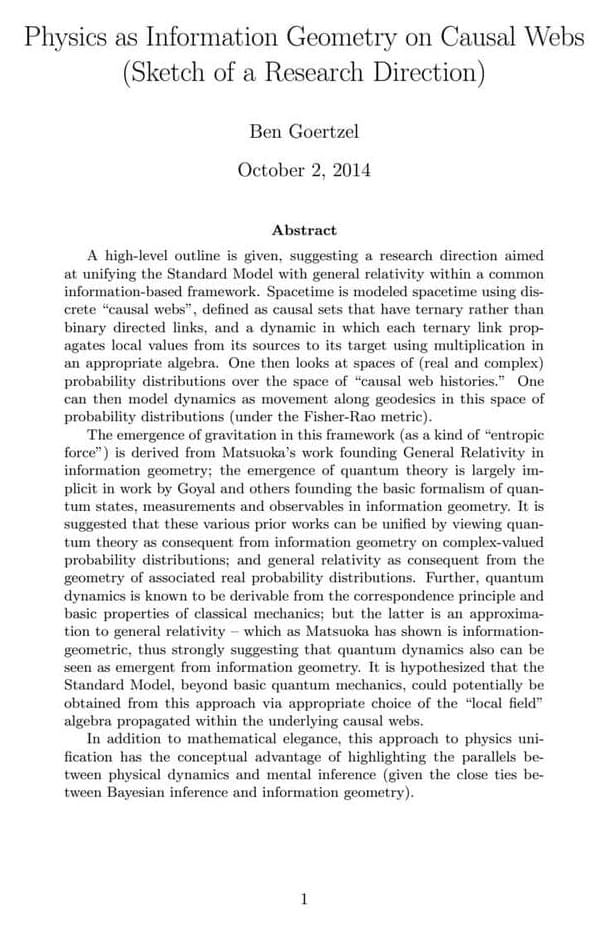

While tantalizing, Alcubierre’s design has a fatal flaw. To provide the necessary distortions of spacetime, the spacecraft must contain some form of exotic matter, typically regarded as matter with negative mass. Negative mass has some conceptual problems that seem to defy our understanding of physics, like the possibility that if you kick a ball that weighs negative 5 kilograms, it will go flying backwards, violating conservation of momentum. Plus, nobody has ever seen any object with negative mass existing in the real universe, ever.
These problems with negative mass have led physicists to propose various versions of “energy conditions” as supplements to general relativity. These aren’t baked into relativity itself, but add-ons needed because general relativity allows things like negative mass that don’t appear to exist in our universe—these energy conditions keep them out of relativity’s equations. They’re scientists’ response to the unsettling fact that vanilla GR allows for things like superluminal motion, but the rest of the universe doesn’t seem to agree.
The energy conditions aren’t experimentally or observationally proven, but they are statements that concord with all observations of the universe, so most physicists take them rather seriously. And until recently, physicists have viewed those energy conditions as making it absolutely 100 percent clear that you can’t build a warp drive, even if you really wanted to.